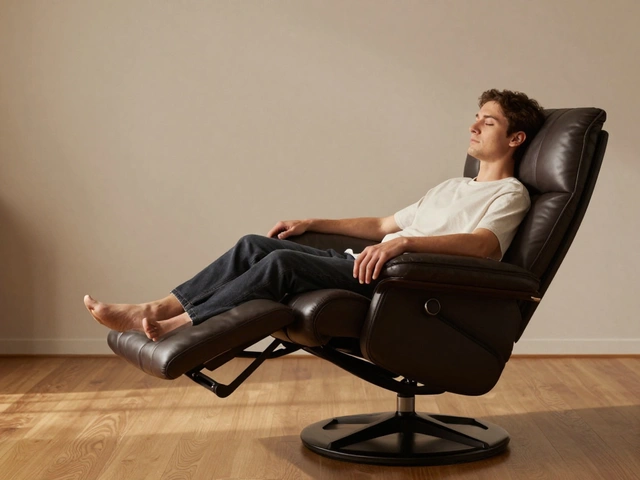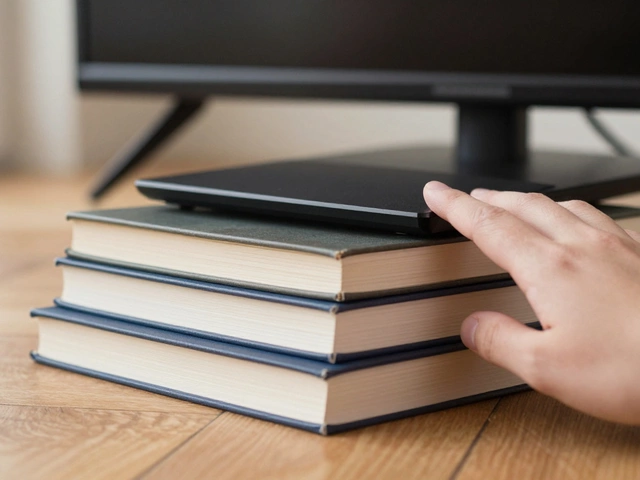When to Stop Reading: Practical Tips to Keep Your Eyes and Mind Fresh
Ever sit down with a good book or article and lose track of time, only to realize your eyes are gritty and your head is foggy? That’s a clear sign you’ve pushed past a comfortable reading point. Knowing when to stop isn’t about quitting the story – it’s about protecting your sight and staying focused for longer sessions.
First, pay attention to physical cues. If your eyes start to sting, you see blurriness, or you feel a headache forming, it’s time to pause. These symptoms usually pop up after 20‑30 minutes of continuous reading, especially on screens. A quick glance at a clock can help you gauge the length of your session before the discomfort builds.
Set Simple Time Limits
One of the easiest ways to avoid fatigue is to set a timer. Aim for 25‑minute blocks followed by a 5‑minute break – the classic Pomodoro method works great for reading too. During the break, look away from the page, stretch your neck, and focus on something at least 20 feet away. This gives the eye muscles a chance to relax and reduces strain.
If you’re reading on a phone or tablet, increase the text size and enable night mode. Bigger letters mean fewer eye movements, and a darker background lessens glare. Adjust the brightness to match the room lighting – too bright or too dim both cause eye stress.
Mind Your Environment
The space you read in matters a lot. Good lighting should cover the whole page without creating harsh shadows. A desk lamp positioned to the side, rather than directly above, cuts glare and keeps the page evenly lit. Also, keep the reading surface at a comfortable angle – not too flat and not too steep – to avoid neck strain.
Take note of your posture. Slouching or craning your neck forces your eyes to work harder. Sit upright with your feet flat on the floor, elbows at a right angle, and the book or screen at eye level. This set‑up lets you read longer without feeling sore.
Lastly, listen to your mental fatigue. If the story feels boring or you can’t retain what you read, that’s a mental cue to stop. Switching to a different activity – a short walk, a snack, or a quick chat – can reset your focus, making the next reading session more enjoyable.
Remember, stopping isn’t a setback; it’s a smart move that lets you return to reading feeling refreshed. The next time you notice eye strain, a headache, or just a wandering mind, give yourself a short break. Your eyes, neck, and brain will thank you, and you’ll get more out of every page you read.
How Many Pages Should You Read Before Giving Up a Book? Real Reader Insights
Ever wondered how many pages to read before dropping a book? Get real facts, stats, and advice on when to quit and how to enjoy reading more.







